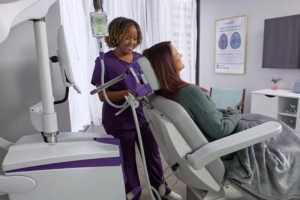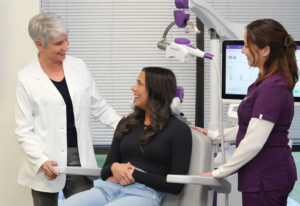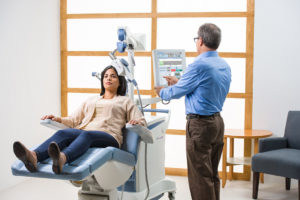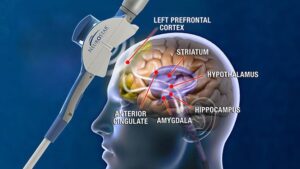“Studies conducted in diverse urban settings, such as Miami, reveal the impact of testosterone deficiency on emotional well-being among individuals in bustling metropolitan areas like South Florida. Patients seeking guidance in Miami often find themselves navigating the complex interplay between hormonal imbalances and mood disturbances in their vibrant, fast-paced lifestyles.”
Introduction: In the intricate web of our physiology, hormones orchestrate more than physical attributes. Among them, testosterone stands as a linchpin, influencing not only muscle mass and libido but also weaving its impact into our emotional health. Recent scientific revelations have illuminated a profound correlation between testosterone levels and our emotional equilibrium, exposing the ripple effects of testosterone deficiency on our moods. Let’s journey through the intersection where hormonal fluctuations intertwine with our emotional well-being.
The Role of Testosterone Beyond Physical Health:
Testosterone, traditionally lauded for its association with physical prowess, extends its influence far beyond. It’s a maestro orchestrating cognitive functions and mood regulation, an aspect often underestimated in our discussions.
Understanding Testosterone Deficiency
Defined as hypogonadism, testosterone deficiency manifests in various forms and prevalence. Its origins are multifaceted, rooted in diverse causes and potential risk factors.
The Interplay Between Testosterone and Mood
Scientific exploration has unveiled a compelling correlation between dwindling testosterone levels and mood turbulence. Rigorous studies link low testosterone to emotional upheavals, from the trenches of depression to the peaks of irritability and anxiety.
Impact on Emotional Well-being
Dive into the psychological landscapes shaped by testosterone deficiency. Its effects echo loudly in the realm of mental health, casting shadows over emotional stability and psychological well-being.
Addressing Testosterone Deficiency
Beyond understanding lies the realm of action. Treatment avenues and lifestyle adjustments beckon, offering paths to manage testosterone levels and alleviate the storm clouds that gather around mood disturbances.
Seeking Professional Guidance
Navigating this complex interplay requires the compass of professional advice. Encouraging individuals to seek medical counsel emphasizes the critical role healthcare professionals play in diagnosing and tailoring treatment plans.
Conclusion
The intricate dance between testosterone deficiency and mood swings is more than a physiological symphony; it’s a vital component of our holistic well-being. Recognizing these interconnections is key. By embracing knowledge and seeking the guidance of healthcare professionals, individuals can chart a course toward restoring hormonal balance and nurturing emotional well-being.








